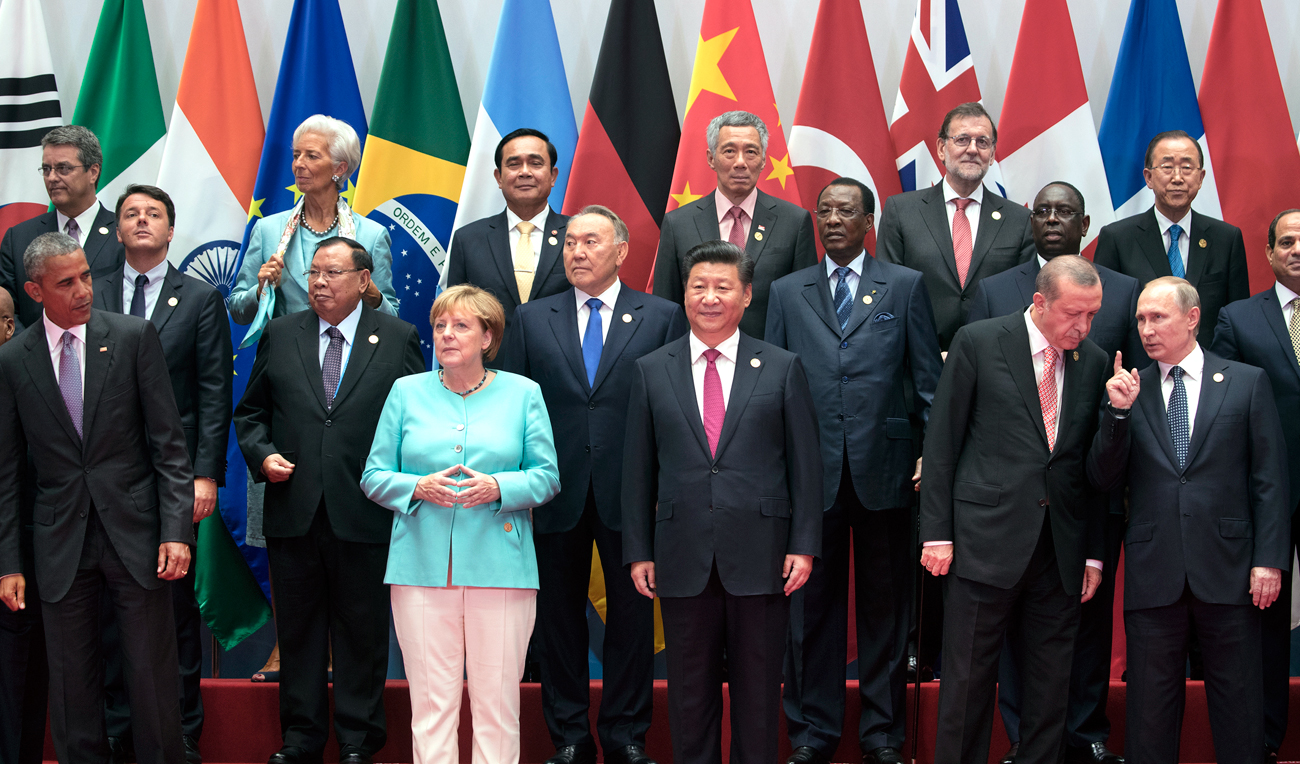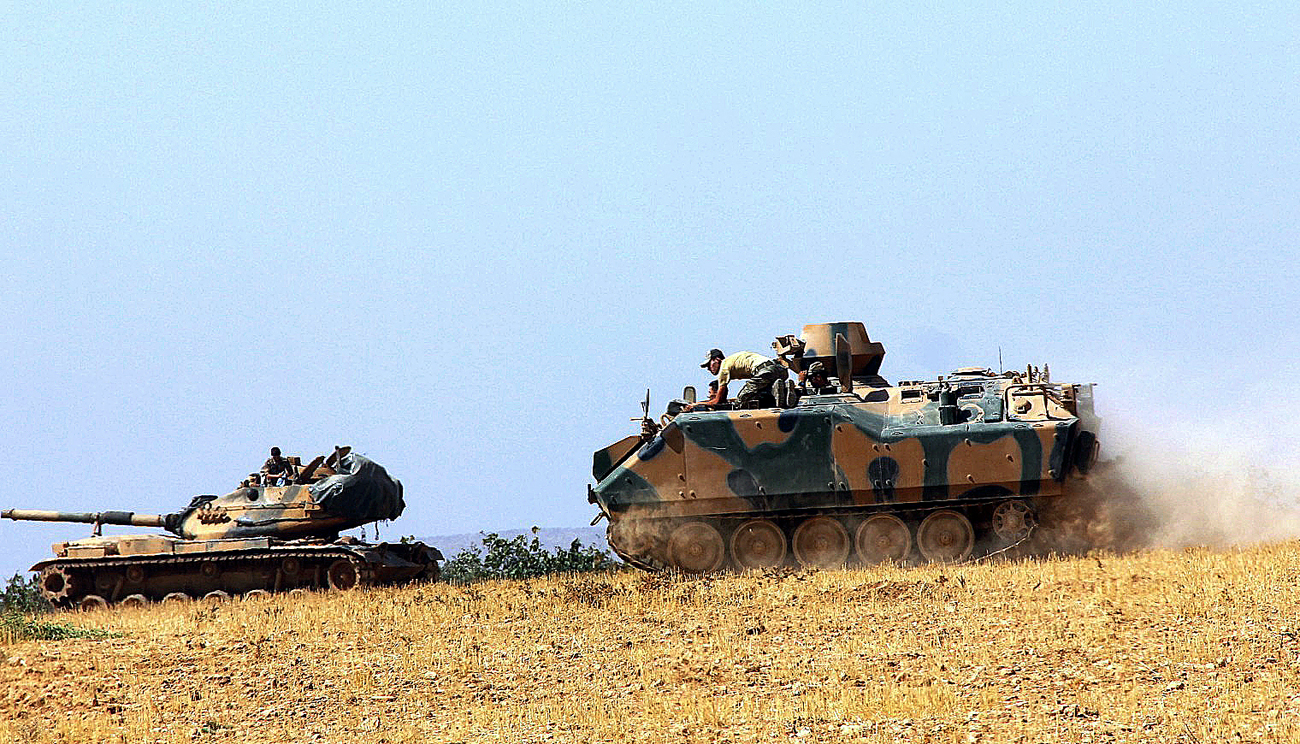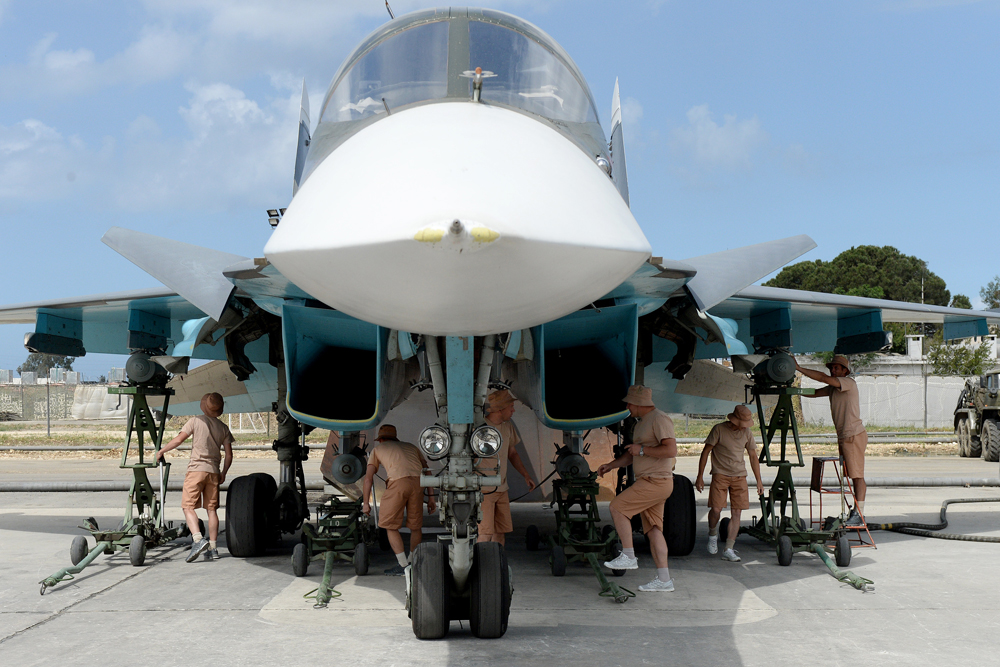Diplomatic turf for Moscow at Hangzhou summit

Summit leaders pose for a family photo at the G-20 summit hosted by China.
APRussian President Vladimir Putin held a series of one-on-one meetings on the sidelines of the two-day G-20 summit, which appear to have produced tangible positive results. A biased selection of his interlocutors, predetermined by the gravity and complexity of bi-lateral relations, would probably focus on two key figures: Turkish President Recep Tayyip Erdogan and US President Barack Obama.
Turkish Stream free flow
On the heels of the recent thaw between Ankara and Moscow, after seven months of a deep freeze, the talks in Hangzhou with ‘strongman’ Erdogan highlighted at least five notable breakthroughs in the making.
First, a joint Russian-Turkish investment fund could become operational as early as October or November with credit lines offered to lucrative projects. Second, Moscow is winding down its food embargo thus reactivating exports of Turkish agribusiness. Third, the construction by Russia’s Rosatom of the Akkuyu Nuclear Power Plant in the Mersin province is due to be accelerated.
Fourth is the readiness of Erdogan’s Government to finalize the re-registration of all previously issued permits for the Turkish Stream, an offshore pipeline running across Black Sea to the European part of Turkey. The first line might be completed by the end of 2019. Also, Ankara has shown interest in shipping Gazprom gas to the border with Greece with the aim of becoming a transit hub for deliveries to consumers in the European Union.
Finally, Russia and Turkey are close to an agreement on a free trade zone, capitalizing on the already drafted medium-term programme for economic, technical and scientific cooperation.
Zeroing in on a bargain over Syria
Moscow and Washington appear to be close to a compromise on the Syrian quagmire. There are a few remaining “tough issues”, US Secretary of State John Kerry conceded. However, the US administration, or rather the ‘lame duck’ Obama administration is keen to illuminate history textbooks about his tenure with some achievements on the foreign policy track. It would portray him as someone truly worthy of the Nobel Peace Prize he received early in his tenure as a sort of advance payment for a yet unaccomplished deed.
Obama was frank about his skeptical attitude to the prospects of the cessation of hostilities in Syria. The out-going US president has good grounds to be doubtful. Washington demands from Moscow to apply pressure on Damascus to cease air strikes targeting ‘moderate’ opposition (pro-West militants?) and create a ‘humanitarian corridor’ leading to northern regions of Turkey.
Even if Moscow manages to convince and persuade Bashar al-Assad to stop air support of its land troops, the anti-Assad opposition and Islamic State, (which have been reinforced lately and are on the offensive, regaining lost territories), will not be tempted to respect the restraint possibly showed by the Syrian government. The only end-result of the implementation of the US proposal might be the reverse tide in the civil war in Syria. However, not all elements of the bargain in the pipeline have been brought to light, so far.
Illustrious 20: what’s next?
Chinese President Xi Jinping, host of the Hangzhou G20 summit, attempted to subjugate the plenary meetings solely to the convulsions of the global economy due to feeble demand growth, rising protectionist barriers, turbulences on the financial markets.
However, his call for pro-active monetary and fiscal policies coupled with structural reforms to ensure ‘sustainable, balanced and inclusive growth’ would hardly have any leverage in the absence of a consensus among the G20 nations on who must compromise first.
Disputes are abundant. China is accusing Australia of blocking the $7.7 billion sale of the country's biggest energy grid to Chinese bidders last month, which comes in the wake of a similar fit of renascent protectionism when a China-led consortium was prevented to buy cattle company Kidman & Co.
European Commission President Jean-Claude Juncker blamed China for ‘industrial overcapacity’ that has wiped out many jobs in the EU steel industry. Finally, the United States has recently imposed 522% duties on cold-rolled steel made in China claiming it was an adequate response to dumping tactics.
Unfortunately, with the US and the ‘Anglo-Saxon’ alliance fixed on two trade blocs embracing countries of the Pacific Rim and the European Union (both excluding China), the chances of giving more powers to the G20 to manage global economy are anorexic.
The next G20 summit in Hamburg is most likely to be focused on the “immigration crisis." Thus, empowering this institution to manage global economic crisis would not be high on the agenda, if at all.
By and large, the actual balance of interests within G20 spells doom for the prospect of fulfilling President’s Xi grand Chinese dream.
“We should turn the G20 group into an action team, instead of a talk shop,” Xi intoned. Yet, judging by his look at the moment, Xi hardly believes in the feasibility of his wishful thinking.
All rights reserved by Rossiyskaya Gazeta.
Subscribe
to our newsletter!
Get the week's best stories straight to your inbox

